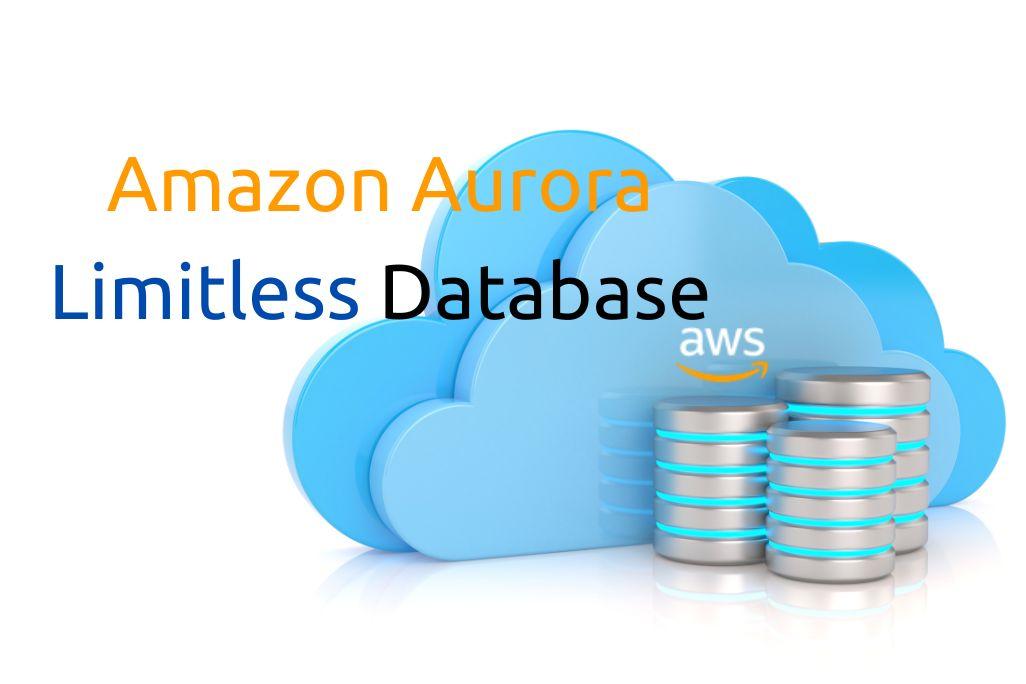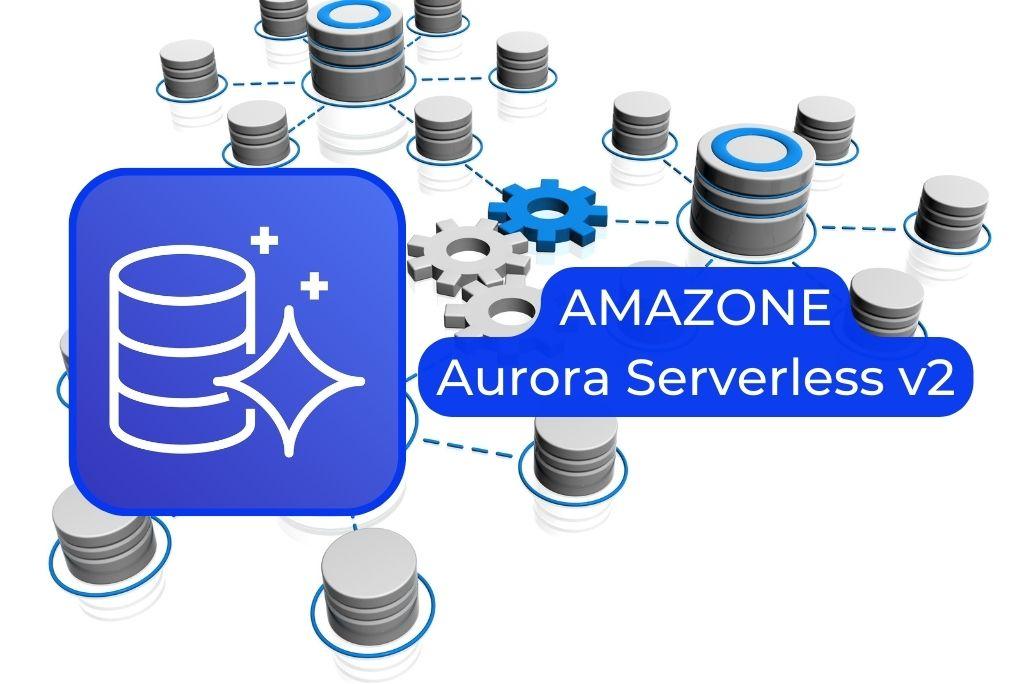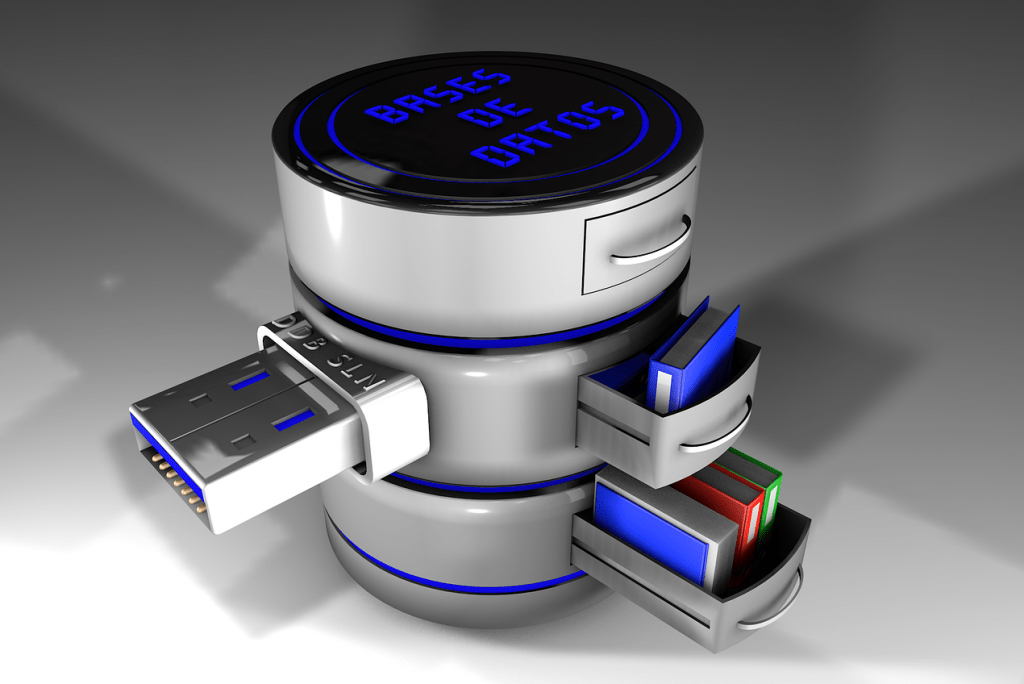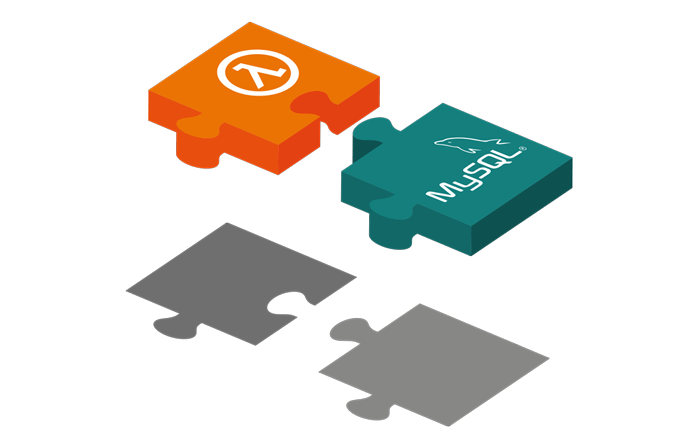At AWS Re:Invent 2023, the preview of Amazon Aurora Limitless Database was announced. This groundbreaking serverless offering permits access to a single Aurora database, capable of immense write throughput and storage capacity. Traditional Aurora setups needed multiple writers and a complex scaling solution across instances. Presently, the service is by invitation, operating in Aurora PostgreSQL version 15 across various AWS regions.
Learn MoreCategory: Data Engineering
Aurora Serverless v2: Faster, Cheaper, Better or Why We Are Sticking to Aurora Serverless v1
Amazon Web Services (AWS) offers a wide range of database services to its customers, including Aurora Serverless, which is a serverless relational database service that provides on-demand auto-scaling and pay-per-use billing. Recently, AWS announced a new version of Aurora Serverless, called Aurora Serverless v2, which promises to deliver faster performance and lower costs compared to the previous version, Aurora Serverless v1. In this article, we will take a closer look at Aurora Serverless v2 and compare it to Aurora Serverless v1 to see if it is worth upgrading.
Learn MoreHow to Deploy AWS Lambda over 250MB in Size with Serverless
AWS Lambda is a great serverless solution by itself and together with Serverless, it is easy to develop and deploy cloud applications. Lambda is great but not perfect as it comes with its own set of limitations. One of which is size – the total size of the deployed unzipped package cannot exceed 250MB.
Which Database Should I Use?
Databases fulfill a vital role in our businesses. They allow us to maintain, update, and edit our stored information quickly and securely. We use databases for a wide variety of data storage needs like inventory tracking, customer relationship management, payroll, data analysis, networking, and much more. Doing this efficiently means we can support the wider business functions and help the company excel at its goals.
Learn MoreConnecting AWS Lambda to MySQL via ODBC (PYODBC)
Running your code serverless in Lambda is great: it doesn’t require resource provisioning, managing a server and you pay as you go. Is it perfect? Not quite. Among the other issues natural to any serverless implementation there is one with… drivers, of course. With traditional implementations drivers are installed across the entire system, which is no problem as they are centrally registered and referenced. With serverless deployment, however, the references are broken which inevitably leads to some noticeable pain in the neck. Something I have experienced firsthand not so long ago while trying to deploy Python Lambda with MySQL ODBC connection (using pyodbc).
Learn More



